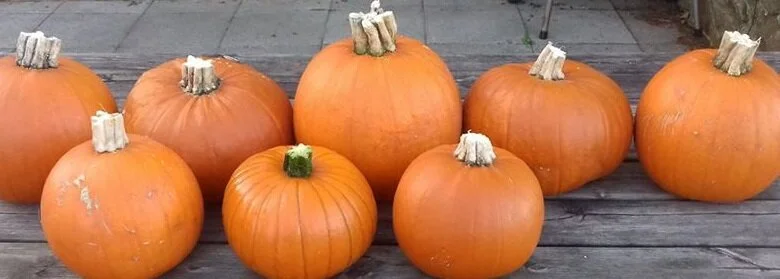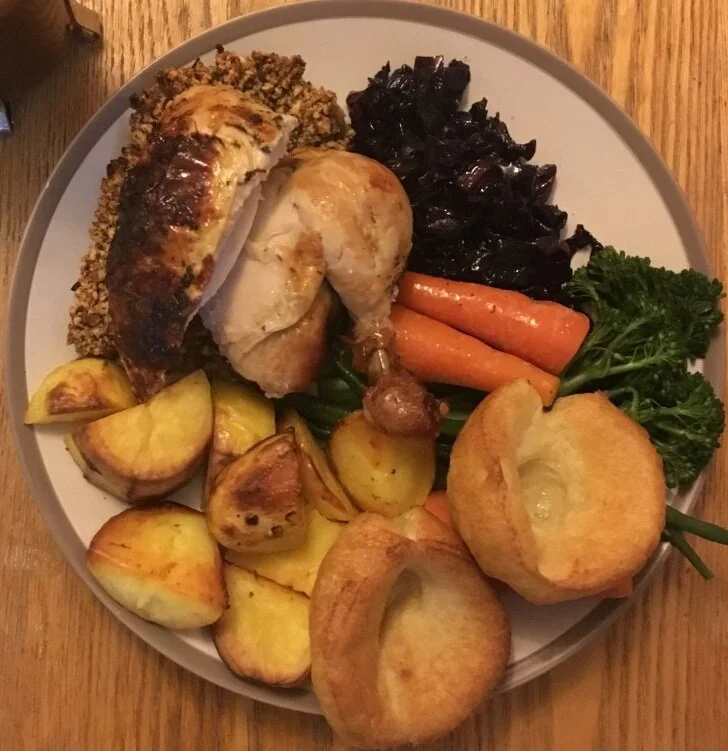Misyow yn Kernow: November (mis Du)
The Cornish for November is ‘mis Du’, which translates literally as ‘black month’. With shorter days, darker nights and colder weather, November is also the start of the holiday season. It is a time for food, fire and festivities to carry us through the long winter and keep our spirits high despite the bitter weather. Thanksgiving is a holiday traditionally celebrated on the fourth Thursday of November in the USA and on various dates in other places, such as Canada and the Caribbean Islands.
Cornwall has been historically linked to certain parts of the USA, especially since the diaspora of Cornish people who emigrated there in search of a better life in the eighteenth and nineteenth centuries. Prior to this time, Cornwall’s mining industry and economy had been booming and many Cornish people relied on mining to support their families and lifestyles. As the limited supply of tin and copper in Cornwall began to diminish, many skilled miners decided to emigrate to other parts of the world, including the USA, Canada, Australia and Mexico, hoping for financial security and a better life for themselves and their families. These Cornish miners who had moved overseas came to be known colloquially as ‘Cousin Jacks’.
Shared Links
Since these times, Cornwall and the USA have shared many historical and cultural links. Traditional Cornish wrestling was brought over to many settlements in the USA and competitions took place. Methodist chapels, which are prevalent in Cornwall, were built in towns where Cornish people resided. Many variations of traditional Cornish food, such as the pasty, can be found in several states, including California and Nevada, to this day. The Cornish accent can even be detected in the voices of people from Tangier Island, Virginia. This unique accent was thought to have derived from Cornish settlers who first arrived at this fishing village in 1686. Today, there are an estimated two million Cornish descendants living in the USA.
Similar to the Cousin Jacks, some Cornish families emigrated to the USA during the Great Depression in search of a happier life – my family was one of them. My grandfather’s family moved from Cornwall to Michigan in the 1930s. He moved back to Cornwall as a young man after the Second World War, where he remained for the rest of his life, bringing certain traditions and the American accent with him. His sisters and their families remained in Michigan, but both sides of the family still celebrate Thanksgiving every year.
Happy Grateful Day
In Kernewek, there is not a word that translates as ‘Thanksgiving’, but you can say ‘Dydh Grasek Lowen’, which translates as ‘Happy Grateful Day’. Traditionally, we celebrate with a ‘kenwes bras’ (big feast) of ‘turki’ (turkey) with ‘sows lus’ (cranberry sauce), ‘patatys’ (potatoes) and ‘losow-gegin’ (vegetables). We give thanks for a fruitful ‘trevas’ (harvest) with a glass of ‘cider aval’ (apple cider) or ‘choklet tomm’ (hot chocolate). Before the meal, we bow our heads and say a short prayer or ‘bennath’ (blessing) and afterward we tuck into a delicious ‘hogen pompyon’ (pumpkin pie) with plenty of ‘dehen’ (cream)!
Thanksgiving reminds us to be grateful for the simple things in life, like food and fun with friends and family. We celebrate these blessings, give thanks and consider how they are also some of the most important things in life.
Dydh Grasek Lowen!
by Juliet Robertson


